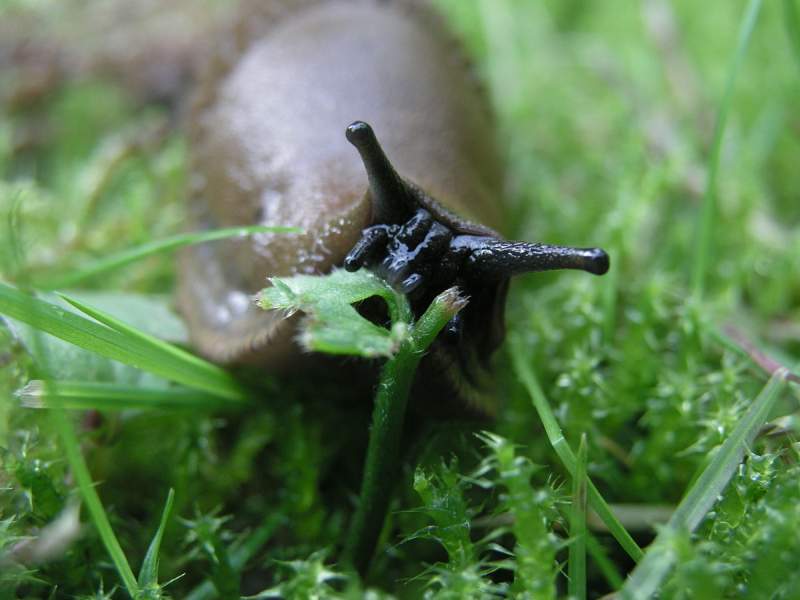
The UK’s largest ever metaldehyde-free farming trial has been expanded again after successful second year results achieved a 93% drop in levels of the chemical detected in reservoir tributaries.
Year three of the 'Slug It Out' campaign will see it extended to include Covenham in Lincolnshire.
This is the first pumped catchment of the scheme, covering both the Long Eau and Great Eau Rivers, which supply Covenham Water Treatment Works.
This will more than double the trial’s hectarage again, bringing the total to 22,500ha.
Previously, farmers within the natural catchments of seven reservoirs in Northamptonshire, Rutland, Suffolk, Essex and Cambridgeshire, covering 10,000 hectares, have worked with Anglian Water’s team of advisors on the Slug It Out campaign.
As part of the campaign all farmers have agreed to use alternatives to metaldehyde to control slugs on their land. The trial resulted in an estimated 2,111 kg of metaldehyde being removed from the farmed landscape.
This year, Covenham is the trial’s first pumped catchment which sees water transferred from Saltfleetby to the Louth Canal at Alvingham via a pumping system.
It is then stored at Covenham reservoir before being treated and sent to more than 100,000 homes across north-east Lincolnshire.
Around 90million litres of water a day are treated at Covenham Water Treatment Works and put into supply, making it a vital part of Anglian Water’s network.
Drinking water standards
Slug It Out was first launched to look at how levels of metaldehyde in rivers and reservoirs could be brought below the drinking water standard of 0.1 micrograms per litre (or parts per billion) in treated water.
This is the same as one drop of water in an Olympic sized swimming pool.
Although Covenham Water Treatment Works can treat most pesticides, Metaldehyde is impossible to reduce via treatment alone. Metaldehyde is not harmful to humans at current concentrations but its presence at the levels found means UK drinking water breaches quality standards.
By the end of the second year, the maximum level of metaldehyde in reservoir tributaries fell by an average of 93%, compared to levels in 2014, while the average peak levels detected in the reservoirs fell by 37%. Reservoirs are filled by water pumped from nearby rivers as well as being fed by tributaries.
'Devastating pests'
Kelly Hewson-Fisher, Catchment Advisor for Lincolnshire, said: “Although a 93% reduction is a fantastic result for these trial areas in our natural reservoir catchments, they represent only a fraction of the area that needs to be involved. And that’s why we’re expanding the trial to understand how working at a larger scale might practically operate.
“The results that we’ve gained from the Slug it Out trial have been invaluable in understanding how the land is managed in the Anglian region and the steps needed to ensure that both the water and agricultural sector have sustainable future approaches around metaldehyde use.
“This wouldn’t have been possible without the engagement of the farmers within the trial, so we want to say a huge thank you to them.”
Slugs are one of the most devastating pests faced by UK farmers - wheat and oilseed rape are particularly affected.
Metaldehyde is currently the most popular pesticide for dealing with slugs – but the alternatives are growing in use, in particular those using the active ingredient ferric phosphate.
Ferric phosphate isn’t as soluble in water as metaldehyde and therefore doesn’t enter water courses to the same extent.
